Act VI of Méditerranée du Futur, organised by the Southern Region and Renaud Muselier, took place on 22 September in Marseille, in the Villa de la Grotte Cosquer on the J4 esplanade. The event, whose agenda was disrupted by the arrival of Pope Francis, saw the creation of a Mediterranean macro-region, supported by 36 delegations, to take regional action on the major challenges facing mare nostrum as a result of climate change. Water - every drop counts - will be the priority for this nascent network.
After the issues of youth and financing, the question of preserving water resources was at the heart of the debates on 22 September, playing out the sixth act of the Mediterranean of the Future, a major annual meeting initiated by the Southern Region in 2017.
Taking the measure of the political failure of the Union for the Mediterranean at national level, the subject has just been taken on board by the Regions, which believe that they are the right level to take concrete action: “the last mile”.
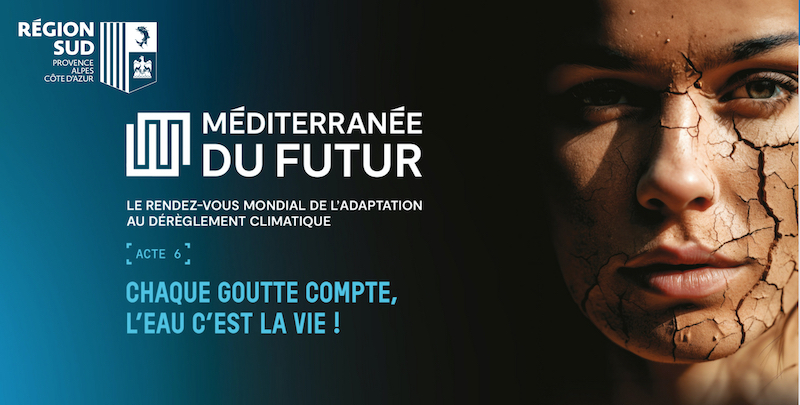
“Our region has relaunched a political process for the Mediterranean that has been at a standstill for decades. The time has come to deepen a Mediterranean Union with the new geopolitics that are taking shape. We need to tackle the issues of plastic pollution, greenhouse gas emissions and global warming“, announced EELV MEP François Alfonsi, author of a report on the Mediterranean and President of the Qualitair association in Corsica.
A report as a basis for a vote at the European Council
Adopted unanimously in May 2023 by the European Parliament, the document, which advocates the need for a Mediterranean macro-region, is the first building block of a regional cooperation area known as the Mediterranean macro-region, which could see the light of day in 2024 subject to its adoption by the European Council.
“We have done a lot for the Mediterranean, but sometimes in too fragmented a way. Now, with this macro-region project, we need to channel European funding without a heavy structure. We’re going to succeed, and we should do so before the European elections. The Mediterranean Sea is warming 20% more than the average“, announced Margaritis Schinas, Vice-President of the European Commission for Administration of the International Centre for Advanced Mediterranean Agronomic Studies.
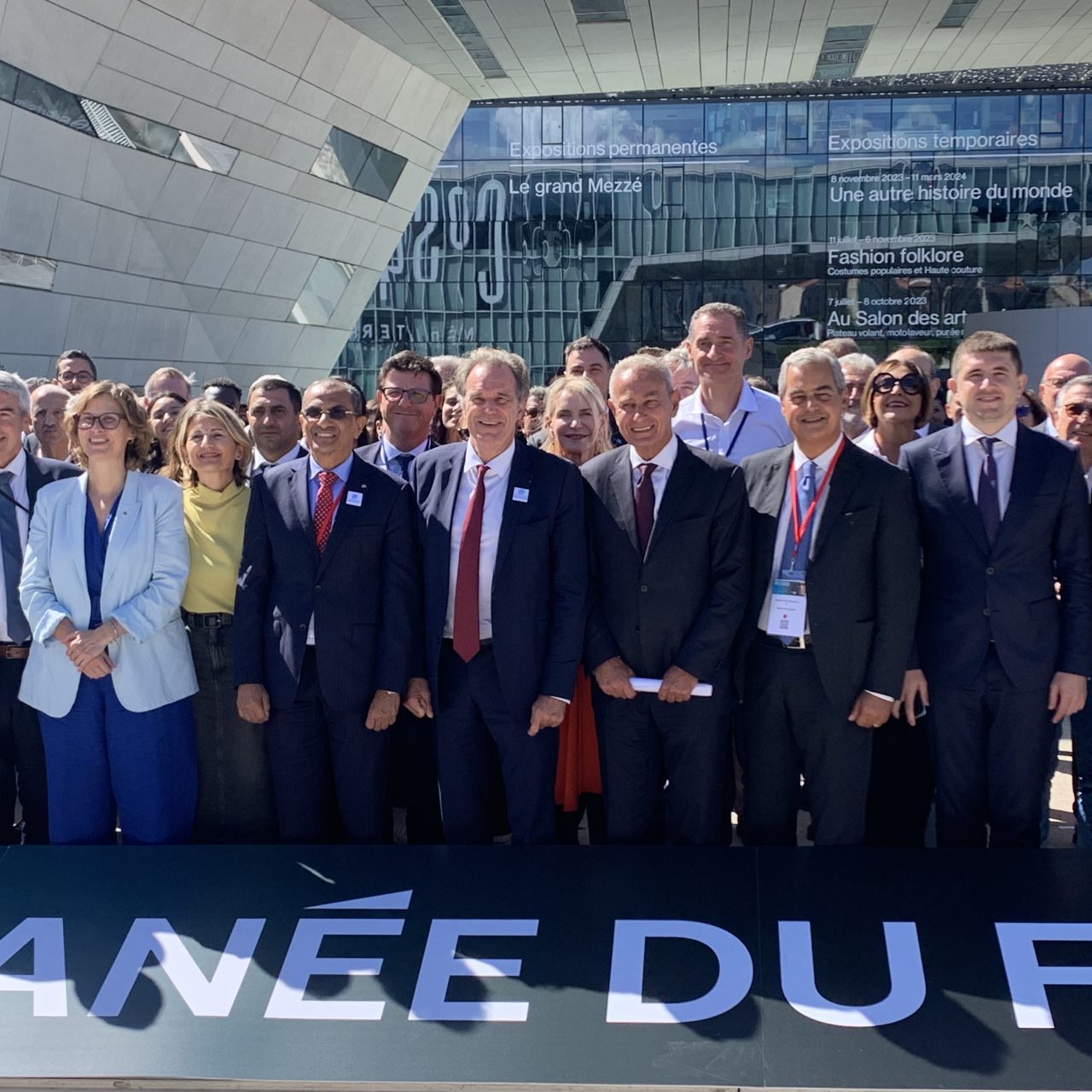
Global warming is also speeding up migration and increasing the number of natural disasters, with the spread of mega-fires (200,000 hectares burnt this summer in the Mediterranean) and the deadly floods of 21 September 2023, in north-eastern Libya, which claimed more than 3,351 victims and displaced 43,000 people.
Leading the way in this regional drive are Occitanie and Provence-Alpes-Côte d’Azur, alongside 36 other regions in the Mediterranean.
“In the south, we only remove 2% of wastewater, compared with 30% in Spain and 90% in Israel. Our target for 2028 is to reuse 10% of wastewater“, announced Renaud Muselier, President of the Southern Region. “We need to link up the networks and strengthen the pooling of research and innovation. We need to provide solutions to the migratory crises. The Mediterranean cannot be an open-air graveyard. We are very committed to the macro-region project. We need to strengthen the role of Southern Europe. We are also supporting all the high-speed rail link projects between Nantes and Perpignan, Toulouse and Bordeaux and Marseille-Nice. These links will help to better connect the Iberian Peninsula with France and Italy“, emphasised Carole Delga, President of the Occitanie Region and President of the Région de France, who had travelled from Toulouse.
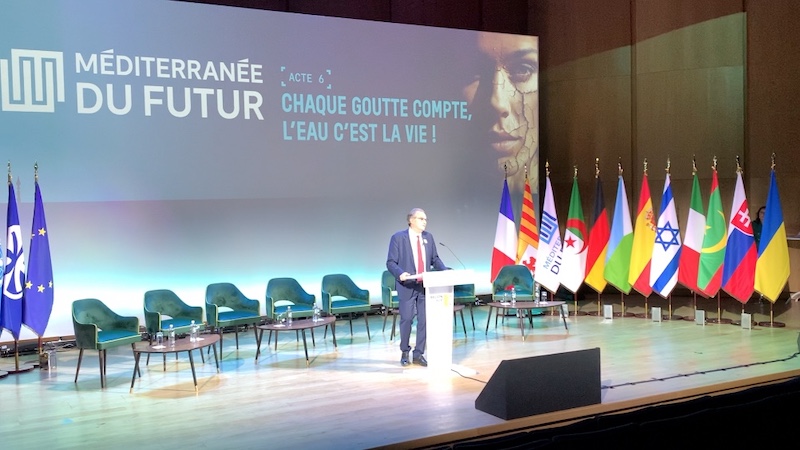
According to Meritxell Serret, the EU Minister for Foreign Affairs from the Generalitat of Catalonia, this macro-region will be a network designed to facilitate the prioritisation of European funds to address the issue of water. Discussions are also underway to create a large Mediterranean maritime area. It is to be hoped that this macro-region will also encourage maritime cabotage between European states and third countries.
“This work is really for our territories, to give Europe a vision of southern Europe in relation to the Mediterranean basin, where we have direct links“, concluded Renaud MUSELIER, President of the Provence-Alpes-Côte d’Azur Region and Deputy President of Régions de France.


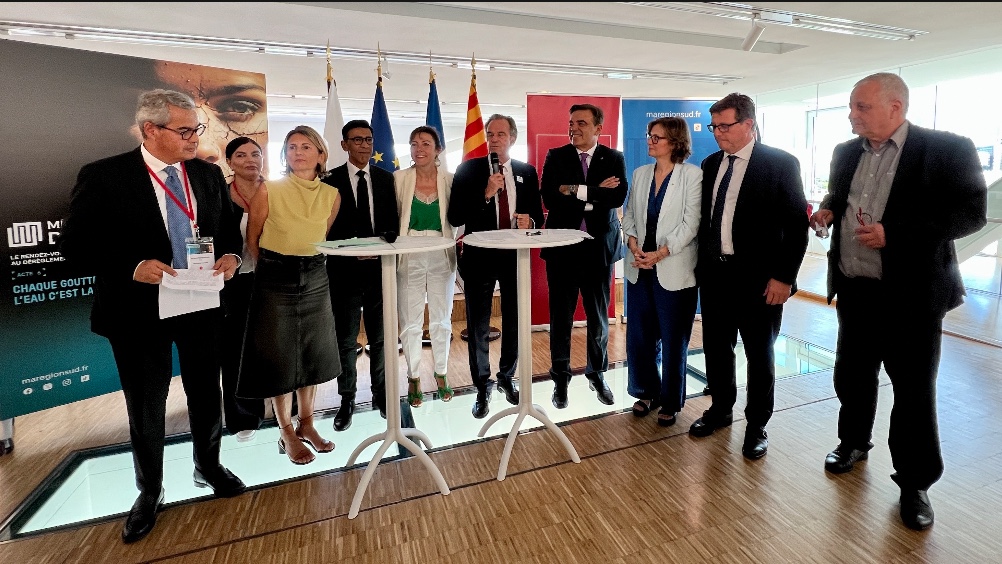





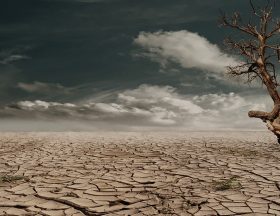

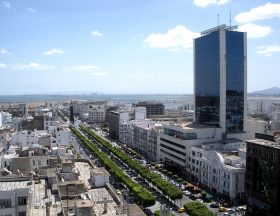
Réagissez à cet article